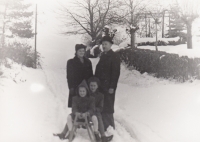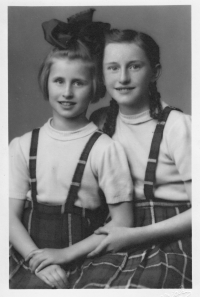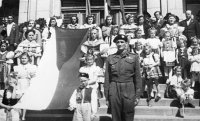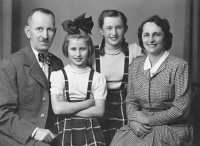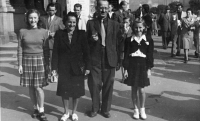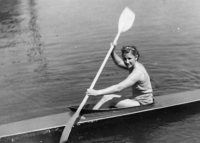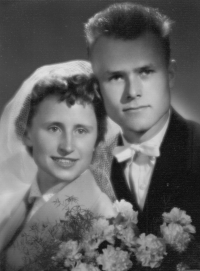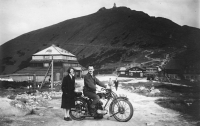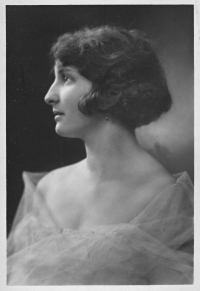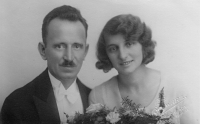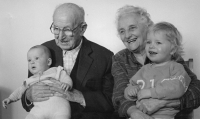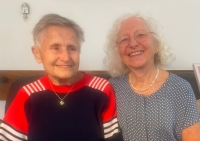The parents were imprisoned for high treason, leaving two schoolgirls home alone

Stáhnout obrázek
Ilona Bláhová, née Holá, was born in Jablonec nad Nisou on 21 September 1936, and her sister Eva three years earlier. Mother Albína Holá, née Ulbrichová, was German and father Stanislav Holý was Czech. The parents owned a flour wholesale business that the Nazis closed in 1942, putting the father on total deployment. The business never reopened after the war. The family helped many German relatives preparing for the deportation at the end of the war. Aged nine, Ilona saw cruel treatment of Germans and stopped speaking German in public. Both parents were convicted in a show trial in 1950, Stanislav Holý for 20 years and Albína Holá for two years, and the government confiscated their property. The mother was acquitted seven months later and released. The two minor daughters Eva and Ilona were aloned uring that period, were evicted from the family villa and interrogated by the StB (separately). Friends and some teachers helped them at the time. For fear of communist repressions, all their relatives abandoned them. Ilona was not allowed to study in high school and had to go to work immediately. The mother and daughters strived constantly to have the father‘s sentence reduced. Stanislav Holý returned ten years later on amnesty in 1960. The parents never fully overcame the estrangement due to their long separation. Ilona married Karel Bláha in 1957 they played sports and worked as coaches together. Two sons were born, Petr (1961) and Tomáš (1969). In 1968, the Bláhas succeeded in buying their confiscated house; the same year, sister Eva with family left the country for their relatives in Lörrach, Germany, where the Holý parents relocated as well in 1978. The authorities allocated them with pensions that were not livable, but the numerous German family took care of them. Ilona Bláhová was doubtful of the Velvet Revlution for a long time; she was scared for son Tomáš who was actively involved as a student. She widowed in 2015. In 2023, she would still exercise every day and hike. The witness‘s story could be recorded thanks to a subsidy from the City of Jablonec nad Nisou in 2023.
